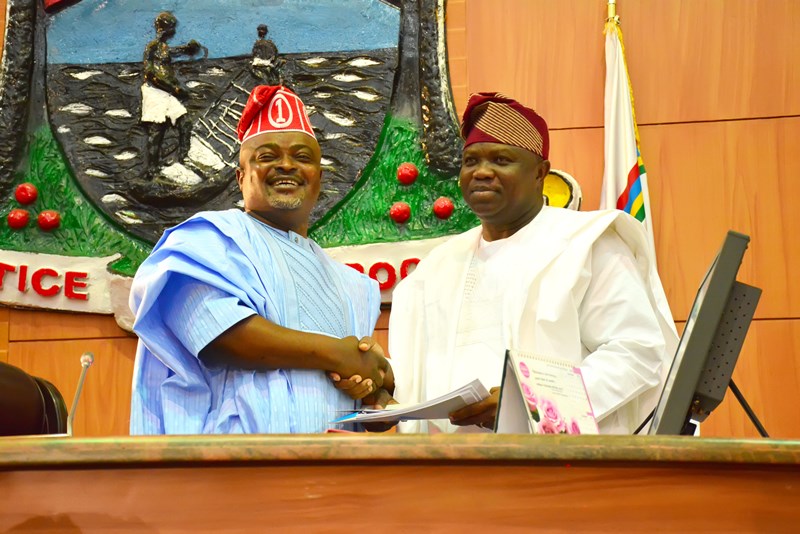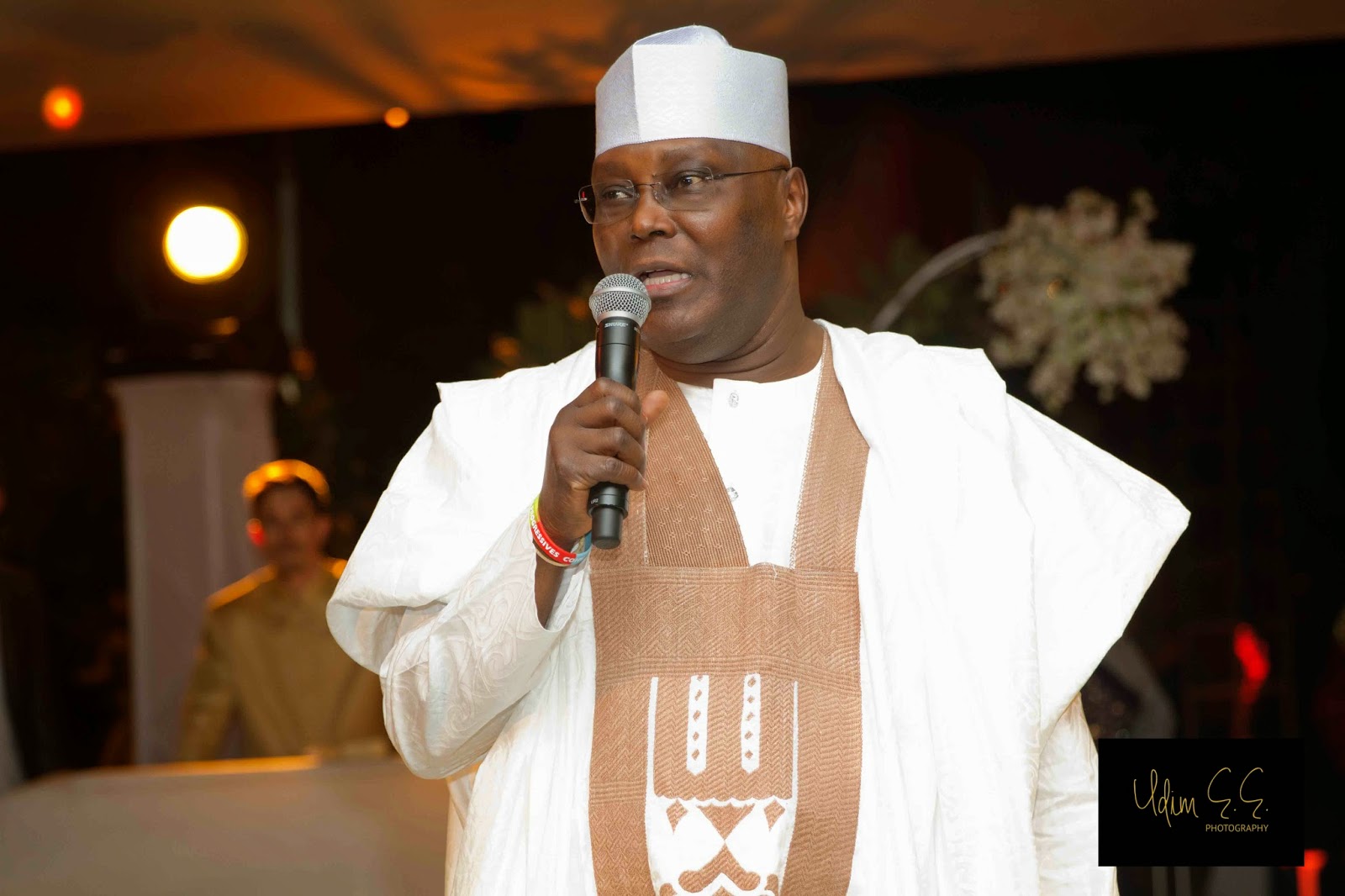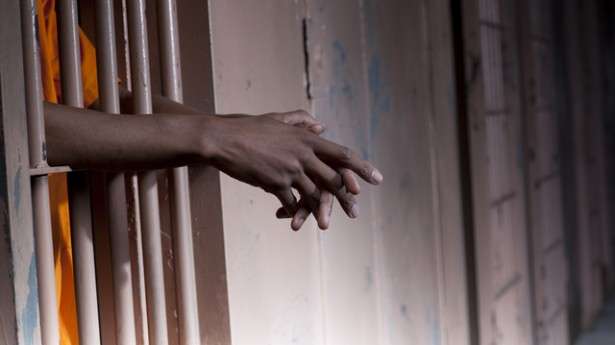The Senate has passed the Electoral Act No. 6 (2010 Amendment) Bill 2017 into law and below are the details of the bill;
1. There shall now be full biometric accreditation of voters with Smart Card Readers and/or other technological devices, as INEC may introduce for elections from time to time.
2. Presiding Officers must now instantly transmit accreditation data and results from Polling Units to various collation centers. Presiding officer who contravene this shall be imprisoned for at least 5 years (no option of fine).
3. All Presiding Officer must now first record accreditation data and polling results on INEC’s prescribed forms before transmitting them. The data/result recorded must be the same with what they transmitted.
4. INEC now has unfettered powers to conduct elections by electronic voting.
5. Besides manual registers, INEC is now mandated to keep Electronic registers of voters.
6. INEC is now mandated to publish voters’ registers on its official website(s) for public scrutiny at least 30 days before a general election and any INEC staff who is responsible for this but fails to act as prescribed shall be liable on conviction to 6 months’ imprisonment.
7. INEC is now mandated to keep a National Electronic Register of Election Results as a distinct database or repository of polling unit by polling unit results for all elections conducted by INEC.
8. Collation of election result is now mainly electronic, as transmitted unit results will help to determine final results on real time basis.
9. INEC is now mandated to record details of electoral materials – quantities, serial numbers used to conduct elections (for proper tracking).
10. A political party whose candidate dies after commencement of an election and before the declaration of the result of that election now has a 14-day window to conduct a fresh primary in order for INEC to conduct a fresh election within 21 days of the death of the party’s candidate;
11. Political parties’ Polling Agents are now entitled to inspect originals of electoral materials before commencement of election and any Presiding Officer who violates this provision of the law shall be imprisoned for at least1 year.
12. No political party can impose qualification/disqualification criteria, measures or conditions on any Nigerian for the purpose of nomination for elective offices, except as provided in the 1999 Constitution.
13. The election of a winner of an election can no longer be challenged on grounds of qualification, if the he (winner) satisfied the applicable requirements of sections 65, 106,
131 or 177 of the Constitution of the Federal Republic of Nigeria, 1999 (as amended) and he is not, as may be applicable, in breach of sections 66, 107, 137 or 182 of the Constitution of the Federal Republic of Nigeria, 1999. [For example, a person’s election cannot be challenged on the ground that he did not pay tax, as this is not a qualifying condition under the Constitution.]
14. All members of political parties are now eligible to determine the ad-hoc delegates to elect candidates of parties in indirect primaries. The capacity of party executives to unduly influence or rig party primaries has been reasonably curtailed, if not totally removed.
15. Parties can no longer impose arbitrary nomination fees on political aspirants. The Bill passed prescribes limits for each elective office as follows:
(a) One Hundred and Fifty Thousand Naira (N150,000) for a Ward Councillorship aspirant in the FCT;
(b) Two Hundred and Fifty Thousand Naira (N250,000) for an Area Council Chairmanship aspirant in the FCT;
(c) Five Hundred Thousand Naira (N500,000) for a House of Assembly aspirant;
(d) One Million Naira (N1,000,000) for a House of Representatives aspirant;
(e) Two Million Naira (N2,000,000) for a Senatorial aspirant;
(f) Five Million naira (N5,000,000) for a Governorship aspirant; and
(g) Ten Million Naira (N10,000,000) for a Presidential aspirant.
16. Relying on the powers of the National Assembly in Paragraph 11 of Part II (Concurrent Legislative List) of the Second Schedule (Legislative Powers) to the Constitution of the Federal Republic of Nigeria, 1999 (as amended), the Senate also passed measures reforming procedures regulating Local Government Elections. State Independent Electoral Commissions can no longer conduct elections that do not meet minimum standards of credibility.
17. Any INEC official who disobeys a tribunal order for inspection of electoral materials shall be imprisoned for 2 years!


